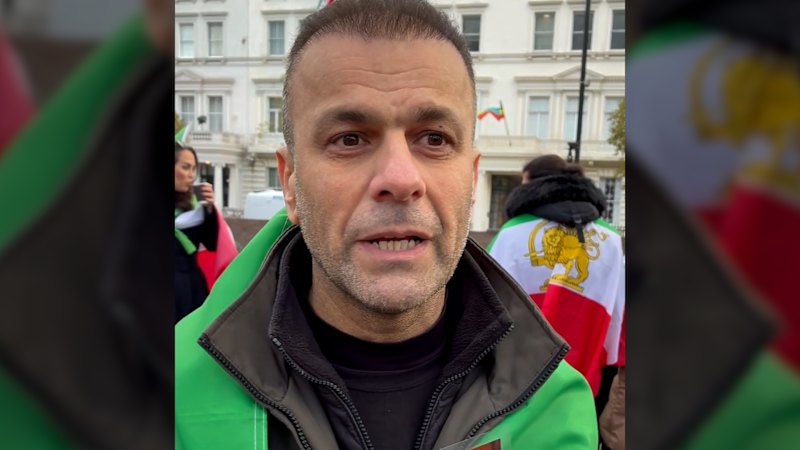
The FBI conducted searches on March 15, 2024, at the Maryland home and Washington office of former national security adviser John Bolton as part of a criminal investigation concerning the potential mishandling of classified information. According to a source familiar with the investigation, Bolton was not in custody during the operation and has not been charged with any crimes.
The searches occurred against a backdrop of Bolton’s outspoken criticism of former President Donald Trump following his dismissal from the administration in 2019. Bolton’s contentious relationship with Trump intensified with the publication of his book, The Room Where It Happened, which detailed his tenure in the White House and raised questions about the disclosure of sensitive information.
During an unscheduled visit to the White House Historical Association, Trump commented on the FBI’s actions, referring to Bolton as a “lowlife” and expressing his disdain for Bolton’s conduct. “He could be a very unpatriotic guy,” Trump stated. This sentiment reflects the ongoing tensions between the former president and Bolton, who has frequently criticized Trump’s approach to foreign policy and governance.
Bolton was not present at his residence when the search began, but he was later seen at his office building interacting with FBI agents. Reports indicate that agents entered the building through a back entrance, carrying bags of evidence. Attempts to reach Bolton’s representatives for comment were unsuccessful, and the Justice Department has refrained from providing specific details about the investigation.
FBI Director Kash Patel and Attorney General Pam Bondi both made remarks on social media that appeared to reference the search, emphasizing that “NO ONE is above the law.” Bondi added, “America’s safety isn’t negotiable. Justice will be pursued. Always.” This rhetoric suggests that the investigation is regarded as a significant step in holding individuals accountable for potential breaches of national security.
The searches have sparked concerns about the politicization of law enforcement, particularly as the Justice Department is also investigating other prominent Democrats, including Senator Adam Schiff and New York Attorney General Letitia James. Both have denied any wrongdoing amidst allegations that the Trump administration misused its power to target political adversaries.
Bolton served as Trump’s national security adviser for 17 months, during which he often found himself at odds with the president over issues related to Iran, North Korea, and Afghanistan. His previous clashes with Trump have made him a controversial figure, particularly in light of the scrutiny surrounding his book, which officials argued contained classified information. Although the Justice Department had previously pursued legal action over the book, those efforts were ultimately abandoned in 2021.
The handling of classified information remains a politically sensitive topic. Both Trump and President Joe Biden have faced investigations into their respective management of classified documents. The FBI recovered classified materials from the properties of both men, but neither has been charged with any crimes.
Bolton, who has held significant positions in previous administrations, including serving as the U.S. ambassador to the United Nations under George W. Bush, has expressed concerns about the potential for retribution against those who oppose Trump. In a prior interview, he stated, “Anybody who ever disagrees with Trump has to worry about retribution. It’s a pretty long list.”
As the investigation unfolds, the implications of the FBI’s search on Bolton could resonate deeply within the political landscape, raising questions about accountability and the limits of executive power. The fallout from these developments will likely continue to be a focal point in discussions about governance and the integrity of American institutions.







